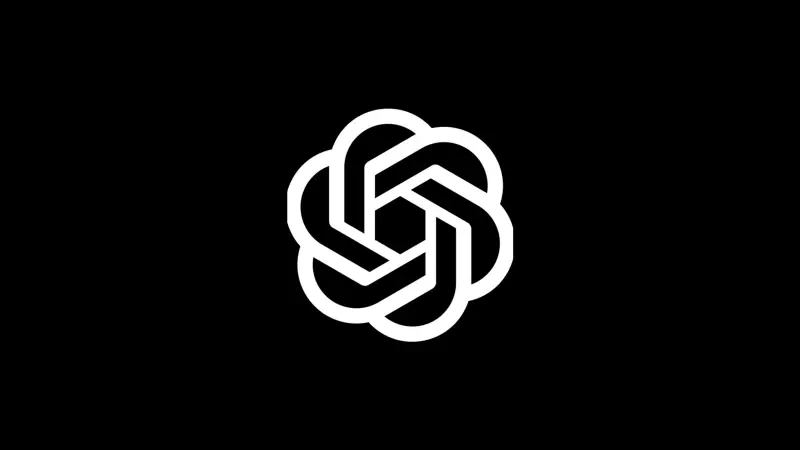
In a startling revelation that highlights the complex relationship between humans and artificial intelligence, OpenAI has disclosed that thousands of ChatGPT users are engaging in deeply personal conversations about suicide and developing significant emotional reliance on the AI chatbot.
The Unseen Psychological Impact of AI
Recent data from OpenAI paints a concerning picture of how artificial intelligence is becoming an unexpected mental health resource for many users. The company's internal monitoring systems have detected numerous instances where individuals turn to ChatGPT during moments of extreme emotional distress, often discussing suicidal thoughts and seeking comfort from the AI assistant.
This phenomenon raises critical questions about the psychological role AI systems are playing in modern society. As these technologies become more sophisticated and human-like in their responses, users are increasingly forming emotional bonds that extend far beyond simple information retrieval.
Understanding the Emotional Dependency
The pattern of emotional dependency on ChatGPT manifests in several ways:
- 24/7 Availability: Unlike human therapists or friends, ChatGPT is always accessible, providing immediate responses during crisis moments
- Non-judgmental Environment: Users feel comfortable sharing deeply personal struggles without fear of social stigma
- Consistent Support: The AI maintains a steady, predictable personality that some find more reliable than human relationships
- Confidentiality Assurance: Many users perceive AI conversations as completely private and secure
OpenAI's Response and Safety Measures
OpenAI has implemented several safety protocols to address these concerning interactions. When ChatGPT detects conversations involving self-harm or suicide, the system is programmed to:
- Provide immediate crisis resources and helpline numbers
- Encourage users to seek professional human help
- Maintain a supportive but cautious tone
- Flag particularly concerning conversations for review
"We take these instances extremely seriously," an OpenAI representative stated. "While we're encouraged that people feel comfortable turning to our technology in difficult moments, we continually emphasize that ChatGPT is not a substitute for professional mental health care."
The Indian Context: Growing Mental Health Challenges
In India, where mental health services remain inaccessible to many and social stigma persists, AI chatbots like ChatGPT are filling a critical gap. The country's growing digital literacy combined with persistent mental health care shortages has created conditions where artificial intelligence becomes a default counseling option for many.
Mental health professionals in India express mixed reactions. While some acknowledge that any support during crisis moments can be valuable, others worry about the limitations of AI in handling complex psychological issues.
Ethical Implications and Future Considerations
This development opens important ethical discussions about AI responsibility and user safety. Key considerations include:
- How much emotional support should AI systems provide?
- What are the legal and moral responsibilities of AI companies?
- How can we balance user privacy with necessary intervention?
- What training should AI systems receive for mental health conversations?
As AI continues to evolve, the relationship between humans and machines is becoming increasingly complex. The ChatGPT suicide discussions represent just one facet of this evolving dynamic, highlighting both the potential benefits and significant risks of emotional AI dependency.
The situation underscores the urgent need for better mental health resources worldwide and clearer guidelines about the appropriate role of artificial intelligence in emotional support scenarios.





